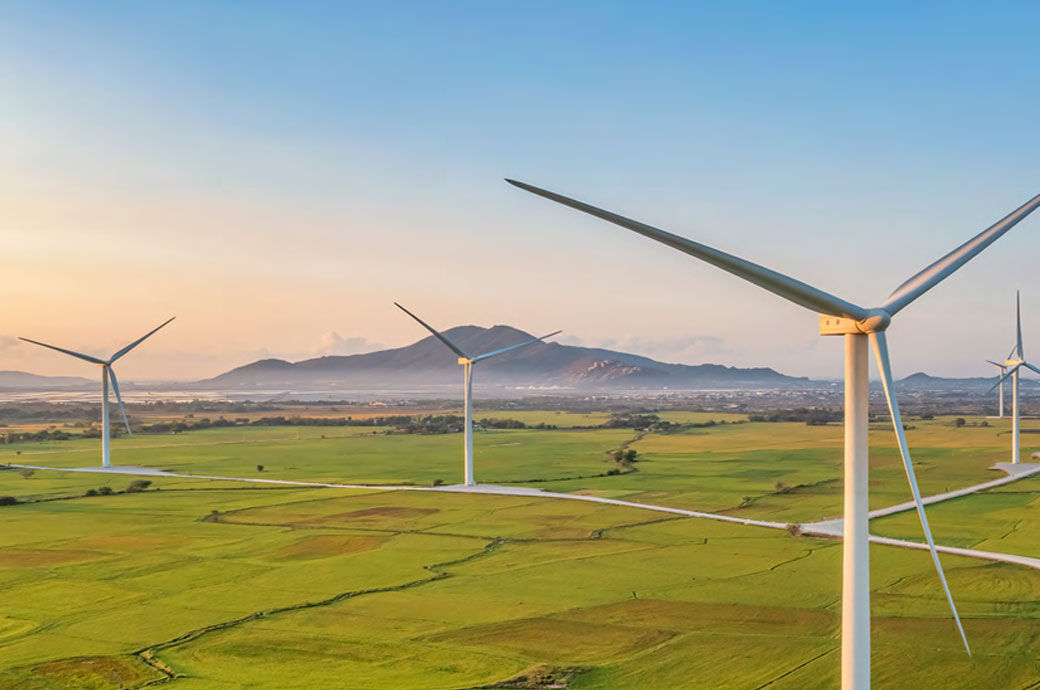
The independent net zero monitor’s second comprehensive check of the EU’s progress towards climate neutrality shows promising signs of progress in key sectors and cross-cutting areas.
Electricity, industry and clean technology are key areas showing signs of improvement in specific indicators compared to last year’s analysis, but the overall pace of change is still too slow.
Employment in regions most affected by the transition is highest on record, with almost 1.7 million people now working in the renewable energy sector, providing promising signs for the just transition in the future, an ECNO release said.
More action is especially needed in tackling road transport emissions, where progress is still far too slow and there has been insufficient policy change, ECNO noted.
Urgent U-turn is needed in finance and carbon dioxide removals. The 2022-23 energy crisis response channelled public money toward short-term relief rather than long-term resilience, driving up fossil fuel subsidies. The carbon dioxide removal rate declined due to a slowdown in efforts to restore and plant new forests, it remarked.
ECNO experts have urged strong implementation of recently agreed EU policies at member state level across all areas to accelerate progress.
In a report released today, the European Climate Neutrality Observatory (ECNO), finds that EU climate action continues to bear fruit, with overall positive trends especially in renewable electricity, clean technology and the just transition. The development of necessary systems of climate governance is also proceeding apace.
Even though all 13 building blocks remained in the same progress classification (wrong direction, far too slow, too slow or on track) as in ECNO’s first assessment released in 2023, there is promising progress in many individual indicators as well as in terms of new and revised policies.
Of the 124 indicators measuring progress toward key objectives and enablers within each building block, three quarters are moving in the right direction, with 19 on track, 25 too slow and 31 far too slow.
Adequate data is lacking for 27 of the indicators while 22 are heading in the wrong direction. Ten have improved their classification since last year, while three have worsened.
The findings also highlight the need for the EU to pick up the pace of climate action in this critical decade to meet its legally-enshrined objective of climate neutrality by 2050.
In the wake of EU elections where, despite a shift to the right, centrist parties maintained their majority, the authors of the report caution that backsliding, delaying or watering down policy action and implementation would harm public confidence in the transition, and weaken the EU’s ability to deliver on broader social equity goals.
Fibre2Fashion News Desk (DS)